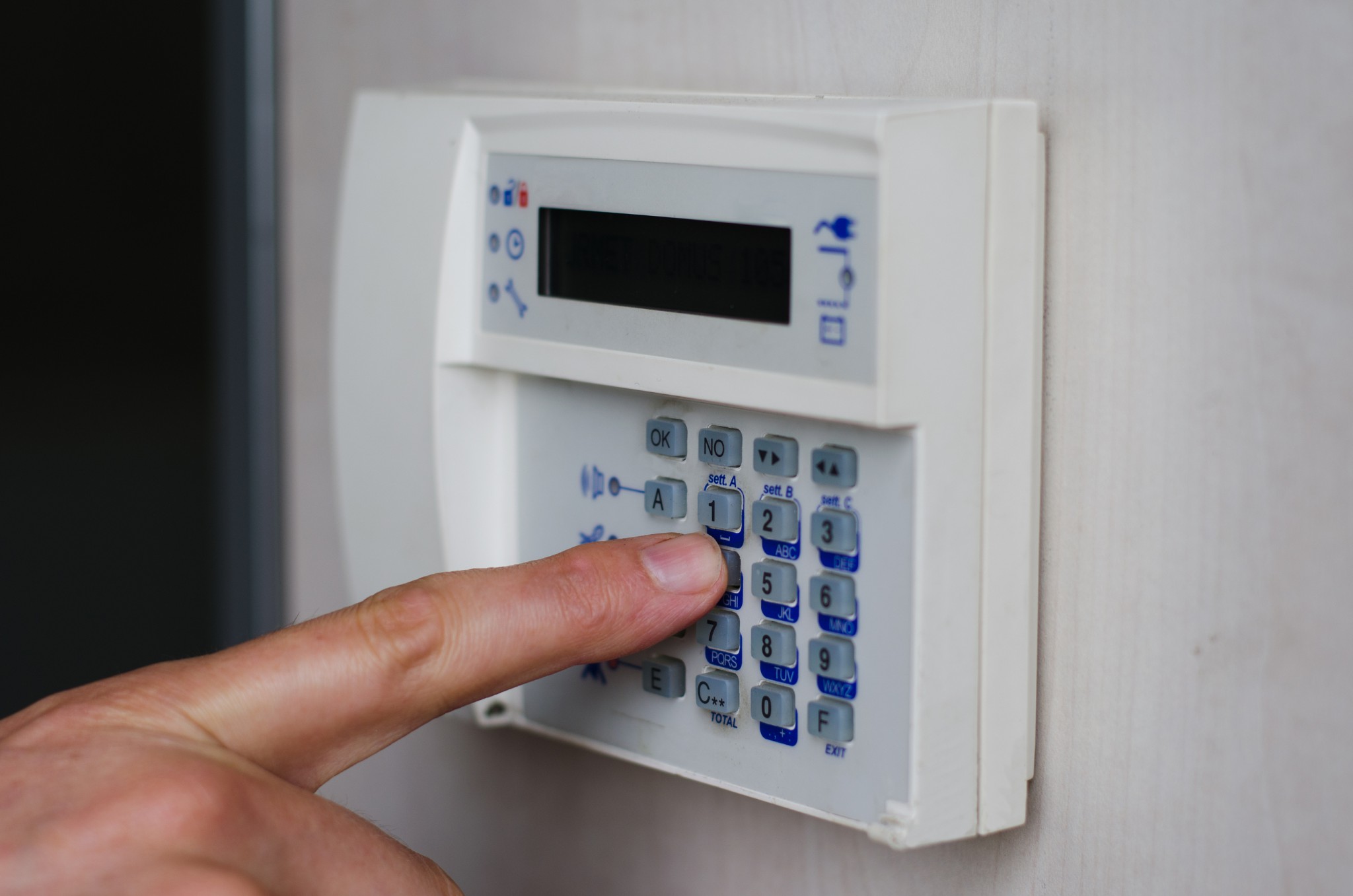As we discussed in last Friday’s blog post, false fire alarms are costly to both first responders and offenders. Fire alarms, however, are not the only systems prone to wasteful and costly false alarms that that delay or prevent first responders from getting to real emergencies., This week we would like to share with you five strategies to help prevent false security alarm calls.
- Have a Training Policy – One of the quickest ways to have your security system set off a false alarm is by having un- or under- trained employees using the system. Whether by entering the incorrect code multiple times in a row, or reentering the building without properly disarming the system, there are many ways that the alarm can accidentally be set off by those who are not familiar with or comfortable with using it. Have a program in place that provides sufficient training for anyone who may need to use the security system and have them practice actually arming and disarming it prior to needing to do so on their own. Also, be sure to securely inform everyone, especially infrequent users of code changes to prevent an accidental alarm due to someone entering an old code.
- Be Aware of Sensors – Motion and light sensors are common components in today’s property protection, but they can also be the cause of false alarms, especially after hours. Both sensor location and ambient false triggers need to be considered. By having trained professionals design and install your security system, the frequency of this type of false alarm can be greatly reduced. Especially around holidays or work celebrations, decorations will be put up around the office. These ambient objects commonly cause false activations. Signs hanging from the ceiling and balloons can not only block sensors or cameras but can also cause them to react to movement when, for example, an air conditioner or fan kicks on. It is always best to keep all hanging object away from cameras, motion detectors, and sensors.
- Secure Doors Prior to Arming – If the security system is armed and the door is accidentally left unlocked or has not been properly closed all the way, a client, vendor or even employee could try to access the building without any malicious intent, and open the door triggering the alarm. Checking all doors to ensure that they are fully closed and locked should be part of the process for arming the security system.
- Keep Your Alarm Monitoring Station Informed – Having your alarm professionally monitored by your alarm company is one of the best ways to get the most out of your security investment, and keeping your alarm company informed of any changes made to your alarm system and its codes or to your employees’ verbal passwords is critical. For example, the keypad PIN (which is punched in at the keypad to disarm the system) should be changed periodically to reduce the potential of dissemination to unauthorized people. All employees need to be apprised of the change. The PIN should also be changed and the alarm company updated immediately anytime an employee quits or is fired. Employees should also choose individual verbal passwords or codes that they give over the phone to the alarm company to prove that the activation was a mistake and thereby avoid a false alarm. Employees should know what their password or passcode is and if they want to change it, should inform the alarm company immediately.
- Regular Service and Maintenance – As with fire alarm systems, regular system service and maintenance, including hardware or software updates, is one of the surest ways to reduce false alarms. Having a service plan in place also means that your system provider or servicer will routinely be on site to provide support that will in turn help avoidable alarm signals from being reported. Something as simple as a low battery, or as complex as wiring conditions can cause the system to start responding inaccurately.
As with false fire alarms, fines are also typically enacted for false security alarms, since they take first responders away from other potential emergencies and cause expensive and unnecessary deployment of emergency equipment and personnel. By using these five strategies to operate your security system as intended, you can prevent unwanted fines and serious service costs. and prevent interruption of daily operations.
If you would like more information about ways to reduce false security alarms, or establishing a full service maintenance contract for your business or organization, please contact Craig Elkanich, our VP of Operations, at 1-800-370-3473, ext. 1125. We would be happy to provide a one-on-one consultation to answer any questions, and help determine the best solution for your needs.
Photo: StarsStudio/Bigstock.com



[…] well-maintained fire alarm system and proper training on a security system can help prevent faulty equipment and user error from leading to false […]